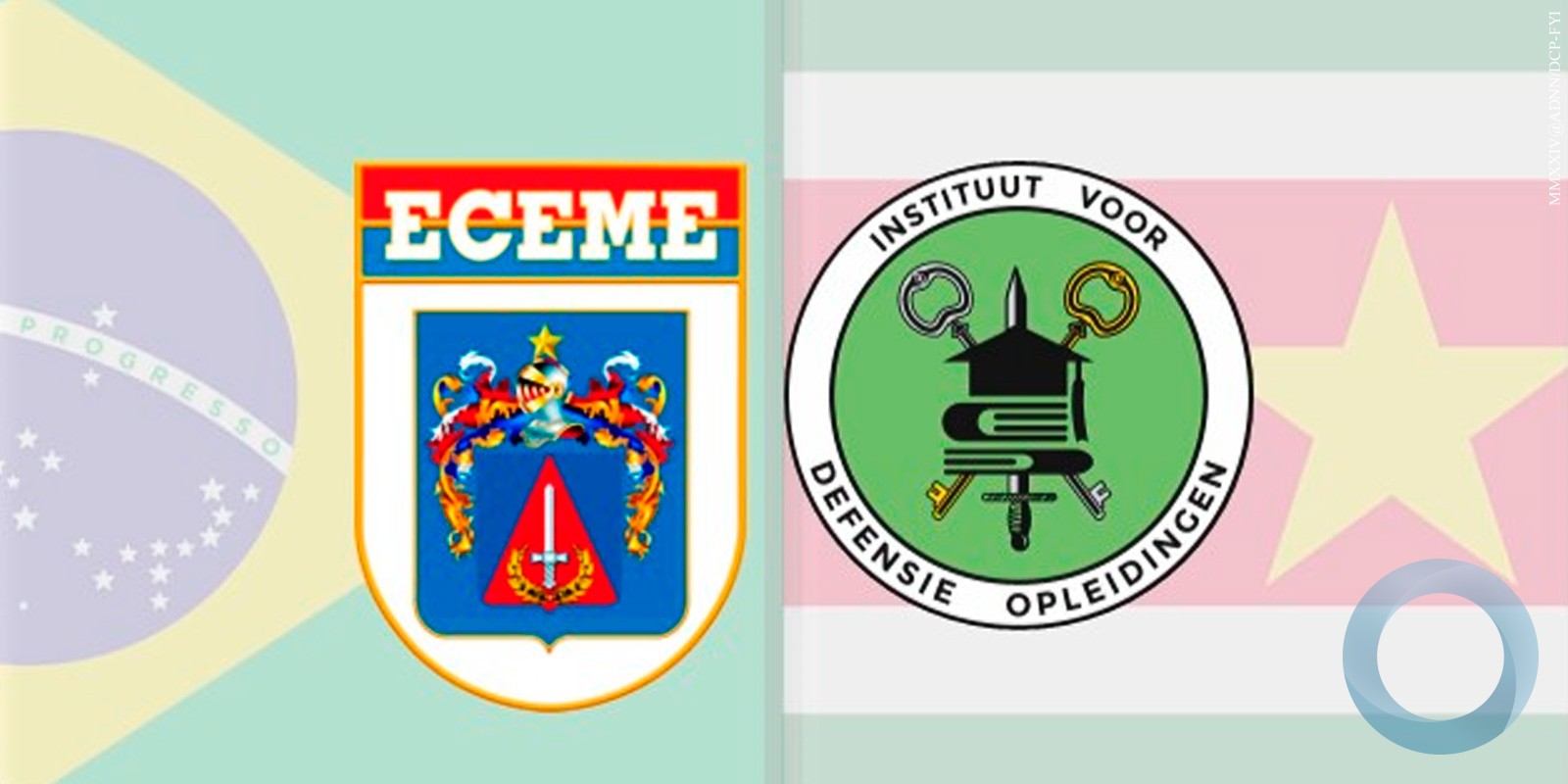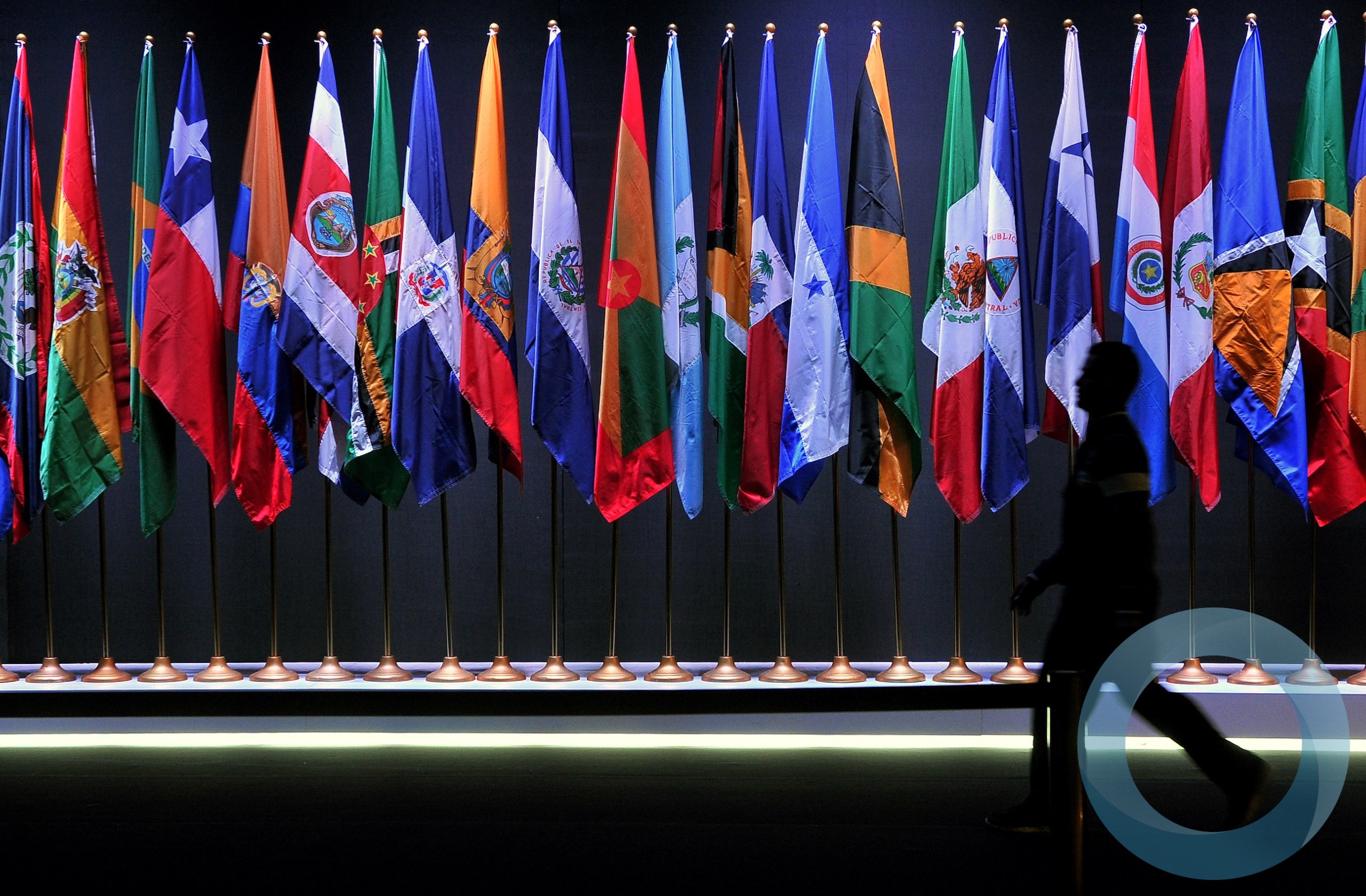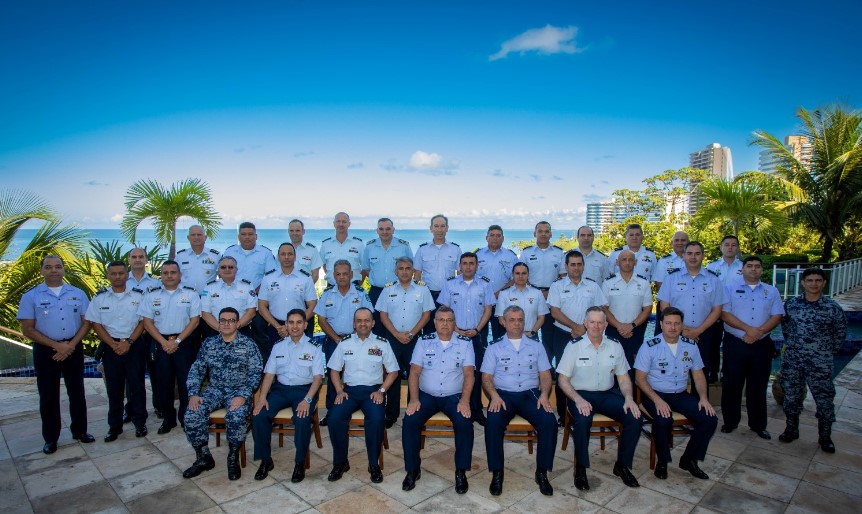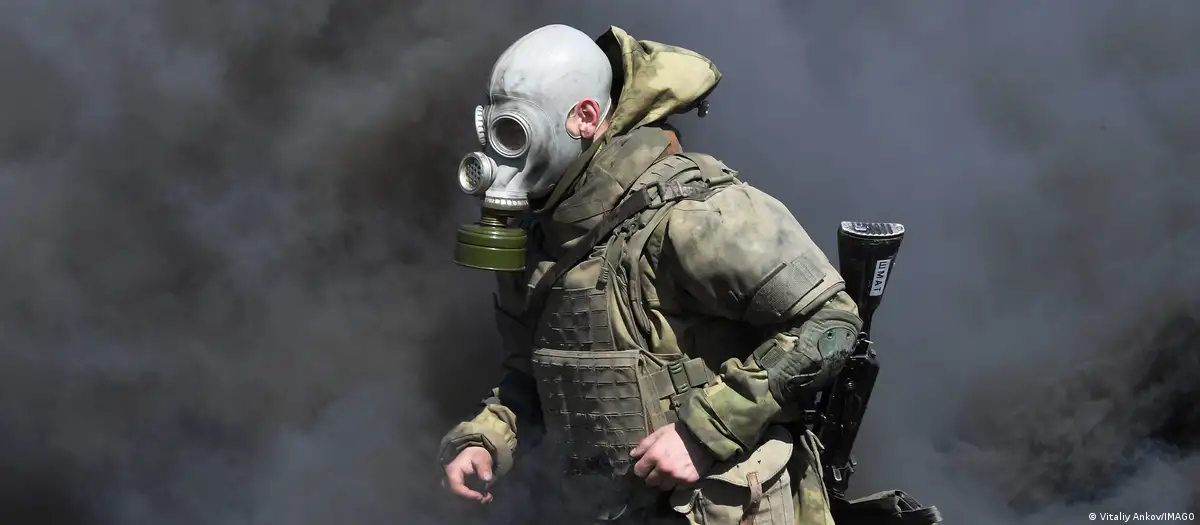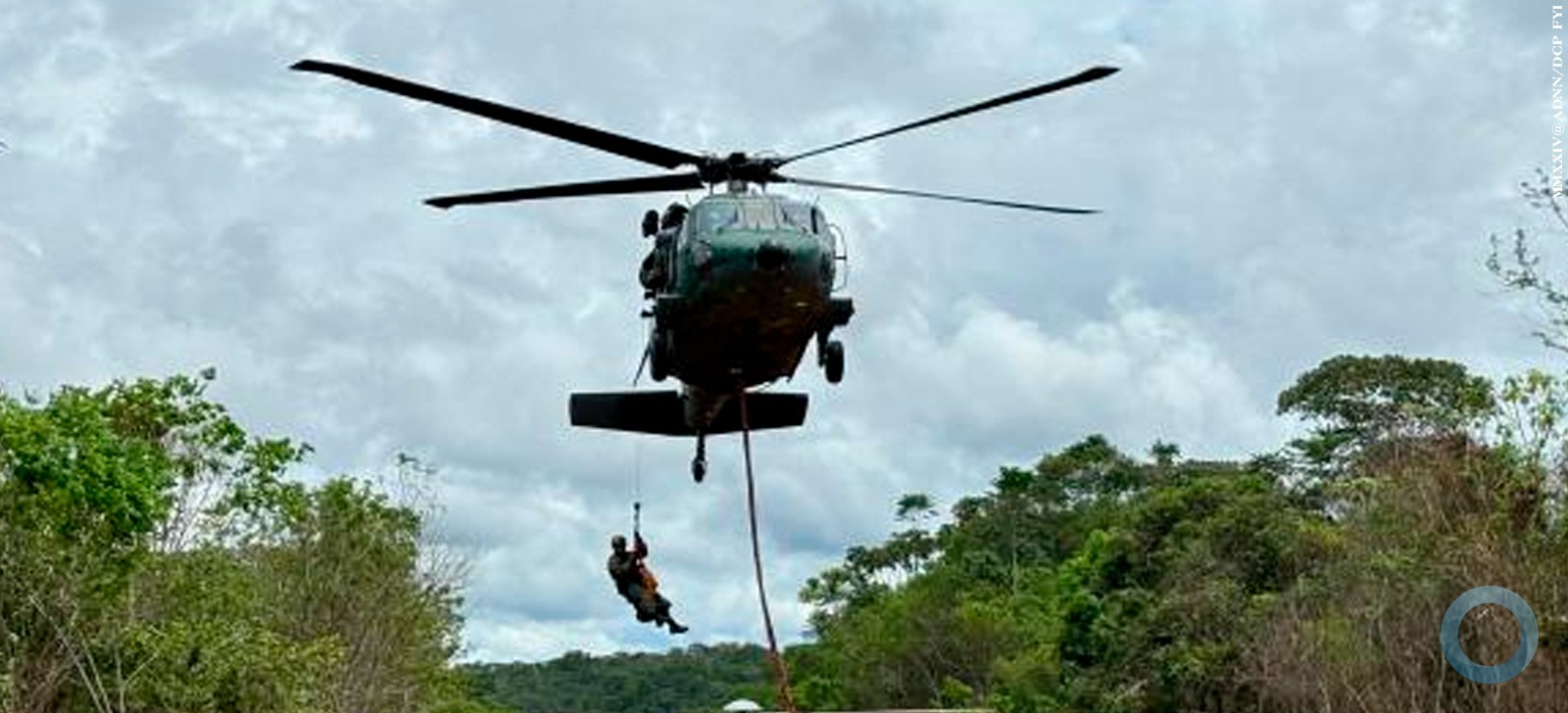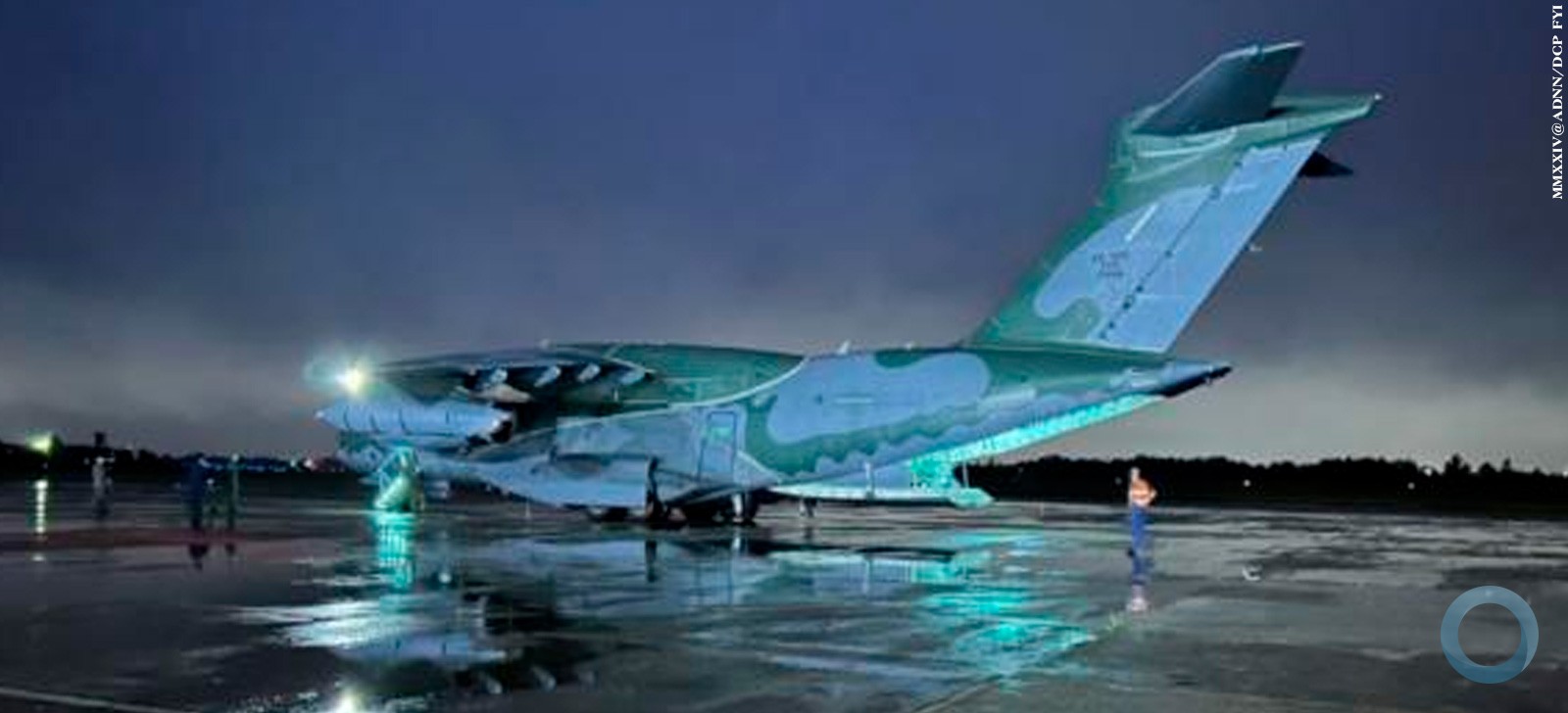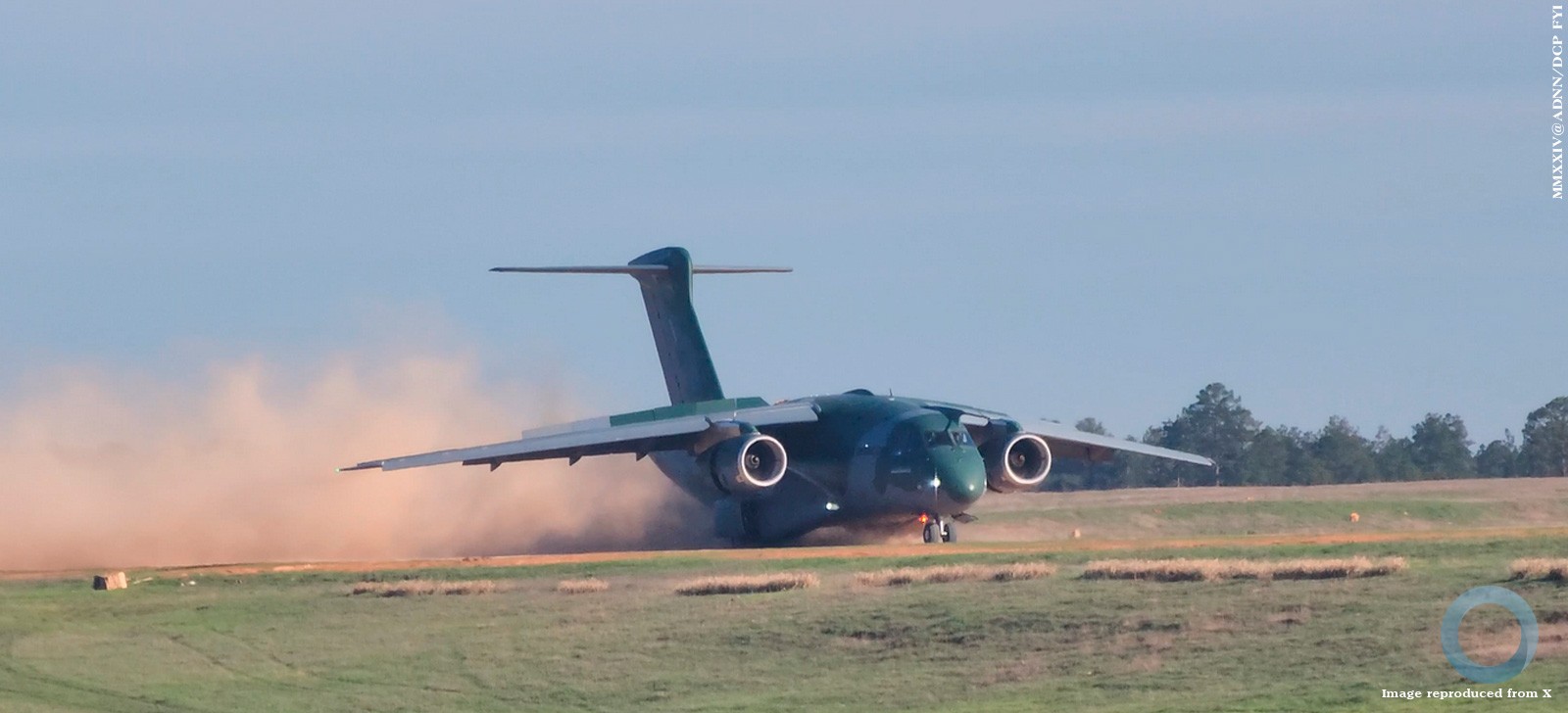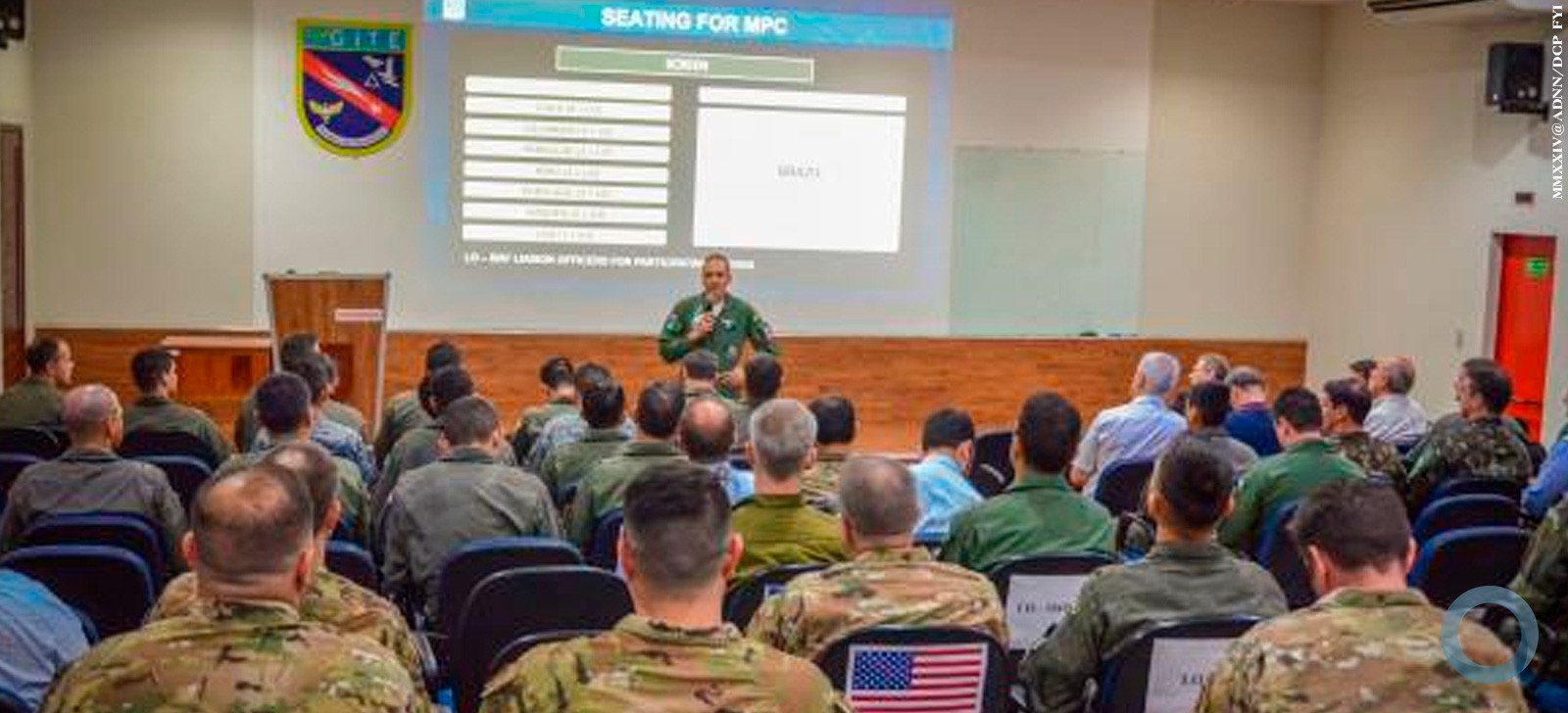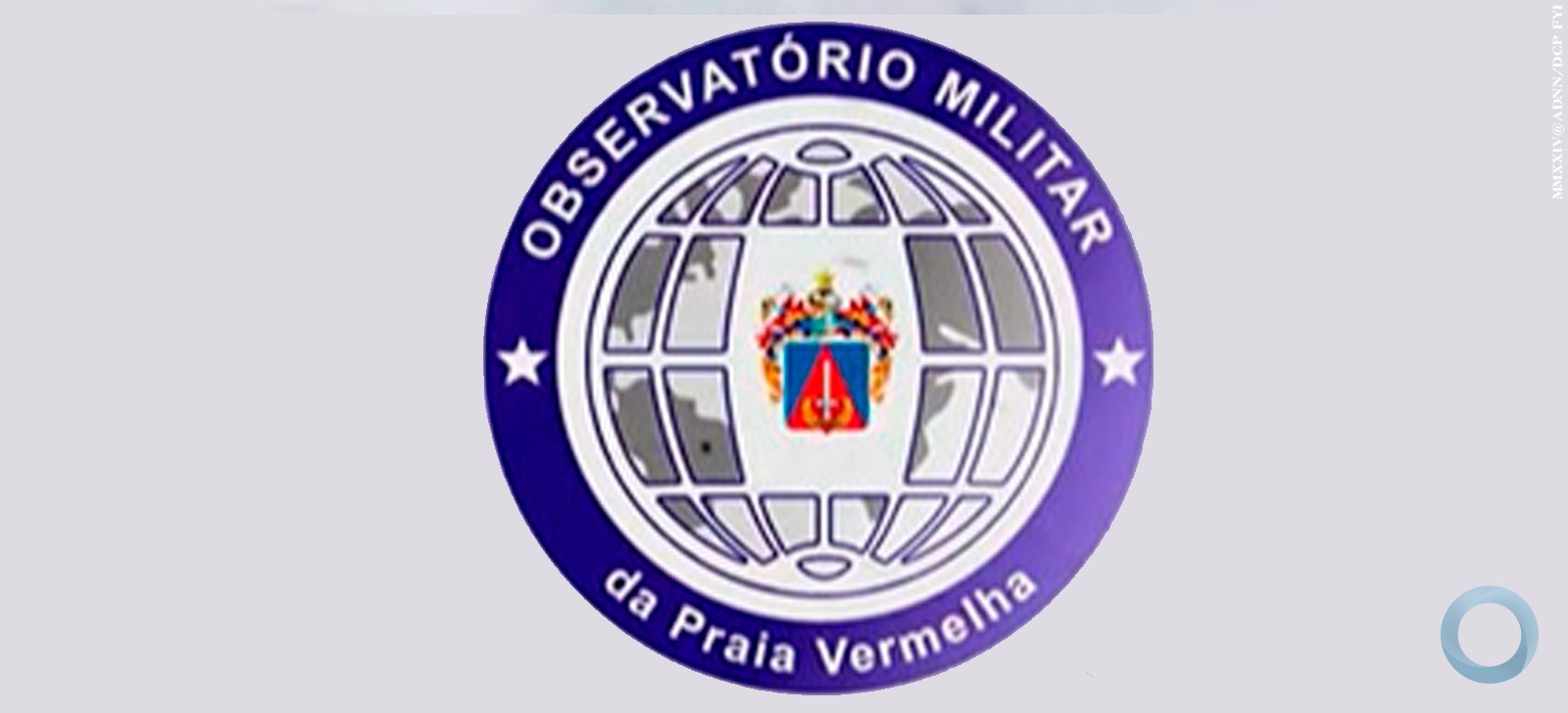![]()
![]()
Andréa Barretto
Nearly 1,000 Brazilian Army service members made their presence known along the border between the state of Roraima, in northern Brazil, and Venezuela and Guyana, from October 14th to 25th. The deployment was part of the seventh iteration of Operation Curare.
The service members spread out across nearly 1,922 kilometers of the border to fight transborder crimes and environmental violations, focusing on law enforcement and preventive measures.
The final tally from the operation included 4,243 inspections of vehicles on the roads of Roraima and 382 stops and frisking of pedestrians and cyclists, in addition to eight ground patrols and nine air patrols. The operation culminated in the seizure of drugs, weapons, a truck full of timber, and vehicles. One man was arrested for unlawful mining and 21 illegal immigrants were identified and deported.
The operation was particularly successful in the environmental arena. In the Yanomami Indigenous Area, which comprises the majority of the state of Roraima’s border line, 18 ferries, eight engines, and six power generators being used for illegal mining were destroyed, in addition to the seizure of 123 grams of gold.
“Our objectives were fully achieved in this operation not just in terms of the numbers, which demonstrated a drop in crimes in the state capital, but also due to the intangible results of conveying a sense of safety throughout the border region,” stated Major Rodrigo Luiz Soares Evangelista, a social communication officer in the 1st Jungle Infantry Brigade, also known as the Lobo D’Almada Brigade.
Operation Curare
The 1st Jungle Infantry Brigade is responsible for coordinating Operation Curare, which involves partnering with various governmental and non-governmental agencies. “We are called an interagency operation because we invite interested agencies to participate in our mission, collaborating within their specialties or even making demands to be added to the operation,” Maj. Rodrigo Luiz explained.
Twenty partner organizations participated in the seventh edition of Operation Curare in Roraima, including the Federal Highway Police – in charge of policing the roads – and the Brazilian Institute of Environment and Renewable Natural Resources, in charge of protecting the environment. “Interagency work is extremely productive because the results are amplified when each agency completes its mission within its own specialty," Maj. Rodrigo Luiz added.
Providing healthcare and social services
The service members came from all the units in Boa Vista, capital of Roraima, and the 1st Jungle Infantry Battalion of Manaus, the capital of Amazonas. In order to handle all the activities across such a large area, two helicopters and 10 boats were used, in addition to ground transport vehicles.
While most of the service members worked on defense and security missions, others were deployed to civic and social actions.
Health services were provided to 16 of the region’s communities. At the end of the 12-day operation, doctors had made 579 medical visits, 801 dental visits, and 1,383 preventive-care visits. They also provided explanations about basic health care and filled 1,593 prescriptions.
“The main health complaints of this population are gynecological, pediatric, and ophthalmological,” reported Lieutenant Colonel Alessandro Lima Marques, a logistics officer in the Lobo D’Almada Brigade.
Leveraging the physical structure of primary care units and hospitals, treatment was provided in partnership with healthcare agents from the state of Roraima, according to Lt. Col. Alessandro. “The communities in these areas are lacking in many services. In those that are hardest to reach, where there isn’t any infrastructure, we set up shelters to be able to make care possible.”
Besides healthcare, service members helped build and restore bridges and roads in the indigenous communities. The work was done by men from the 6th Construction Engineering Battalion.
1st Jungle Infantry Brigade
According to information on its website, the 1st Jungle Infantry Brigade’s mission is to “protect the Brazilian State, first and foremost in Roraima, in particular along the border, and to contribute to regional development, as provided for by law.”
Operations Curare and Curaretinga are among the main actions completed by the brigade with this objective, the latter on a smaller scale. They were created shortly after Supplementary Law 136/2010 was passed to amend an older law that established the Armed Forces’ involvement “through preventive measures and law enforcement along the land borders, at sea, and in the inland waters, regardless of possession, ownership, purpose, or any burden that might apply thereto, against transborder and environmental crimes, individually or in coordination with other executive branch agencies,” as a subsidiary function.
Transborder crimes are those that spill over the territorial limits of a single country. Aware of the importance of addressing this problem, in 2010, the Brazilian government launched the Strategic Border Plan, which combines actions aimed at strengthening the prevention, control, oversight, and policing of transborder crimes through the integrated operation of public safety agencies, the Federal Treasury Department, and the Armed Forces. Operation Ágata, the most comprehensive of the border operations undertaken by the Armed Forces, is one of the main outcomes of the Strategic Border Plan, and Operation Curare has followed its standards.






